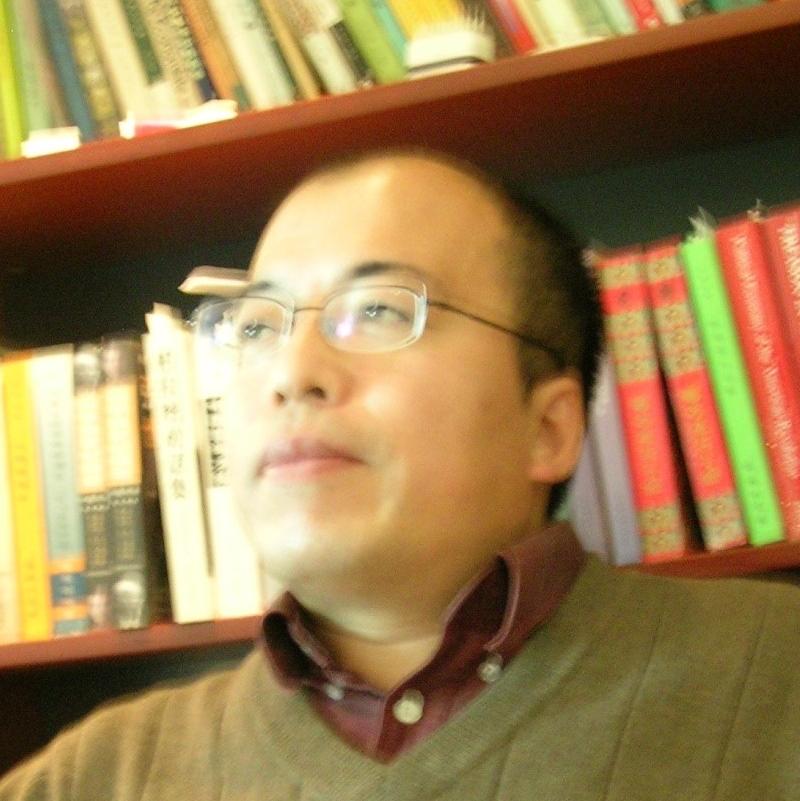One can imagine the pressures on and from the White House as U.S. President Barack Obama finally makes his return trip to Asia after some two years’ missing from the region.
That’s understandable.
Faced with growing skepticism of U.S. presidential leadership and commitment to Asia in the face of both China’s rise and Russia’s return to the world stage with its annexation of the Crimea, the White House is likely to have made clear internally for weeks to key government agencies of the need for “tangible results” that Obama can showcase during his ongoing visit to Japan, Korea, Malaysia and the Philippines.
That’s standard operating procedure from a Washington I know well, having served in some capacity in four presidential administrations, from White House intern to U.S. Ambassador and Treasury Department official.
Whether announcements of business deals involving U.S. companies, to carefully staged photo opportunities with smiling students, the White House is likely viewing every major visit by a senior Administration official to Asia – including the recent visit to China by new U.S. Defense Secretary Chuck Hagel, as well as the upcoming visit to Southeast Asia by U.S. Commerce Secretary Penny Pritzker – as an opportunity to underscore the message that the president’s pivot to Asia is real and is delivering.
Yet, despite all the presidential rhetoric of a pivot, or “rebalance” as the latest iteration by the White House wordsmiths goes, in U.S. relations to Asia, the only Cabinet-level agency that arguably has delivered significantly much more than talk or diplomatic communiques in recent years is the U.S. Department of Defense.
How telling, if not ironic, it is for Obama that any such success occurred under then-Defense Secretary Robert Gates, a Bush Administration holdover, and delivered via a U.S. military whose budget and size the president has sought to reduce, or “reshape” in Washington rhetoric.
From assistance in relief efforts after Super Typhoon Haiyan (Yolanda) devastated parts of the Philippines, to increased ship visits to Singapore and U.S. Marine rotations through Australia, it has been the U.S. military that has for many in Asia, been the face of the U.S. pivot. Even the ongoing search for missing Malaysia Airlines MH370 has likely drawn at times on U.S. military capabilities and expertise in the region.
Understandably, this likely will continue to be the case in the near-term – even after Obama finally leaves the stage two and one-half years hence – given mistrust and troubled histories among Asian neighbors.
Many of these parts of Asia, including its tiger economies as well as China, have grown with decades of peace, secured in large part by the U.S. military presence. A clear U.S. commitment to its Pacific allies may well also contribute to reducing the risks of a steadily quickening arms race in Asia among China and its neighbors, including India, Japan and Korea, but also involving Vietnam, Indonesia, Australia and others.
The U.S. pivot though must go beyond defense and diplomacy. This would include greater resourcing for a more robust pivot to Asia that goes beyond defense to include business, education and culture.
But one need not, and should not, wait for a change in White House personnel, whether at the top or among key staff, or a switch in control of the U.S. Senate, for such a greater and more tangible U.S. commitment to Asia.
Importantly, while China may well be seen by many as an economic and military rival, this “rebalance of the rebalance” should also include areas of greater U.S.-China cooperation. Take the need for a business, and trade, pivot.
Last year, here in Indonesia, the economic stage was left to President Xi Jinping of China when for the second time in a row, Obama chose not to attend the Asia Pacific Economic Cooperation (APEC) summit – a meeting of key economic leaders from across the Pacific. As might have been expected, much media attention focused on Obama’s absence and Xi’s presence. Score one for China, so to speak. Asia and the United States will benefit from a move away from such score keeping and should instead start tallying up opportunities to build trust and cooperation, including in the economic arena.
The big prize for Obama this trip would have been announcement by the U.S. president of a final agreement on the Trans-Pacific Partnership (TPP), an ambitious free trade agreement that would further link the United States with 11 other nations stretching from South America to Southeast Asia and representing some 40 percent of global GDP. The TPP, however, pointedly excludes China, which has proposed its own rival trade agreement, pointedly excluding the United States.
Even if progress is announced on TPP trade discussions with Japan, few expect a final agreement to be concluded and then approved by the U.S. Congress anytime soon. With expanded TPP talks first initiated under U.S. President George W. Bush, closure has been slow in coming, with many questioning how high a priority trade has been for a president closely linked to labor interests and distracted by domestic battles with Congress, and more recently the disastrous implementation and roll-out of his signature legislative achievement, known widely as Obamacare but officially, the Affordable Care Act.
As Asia is increasingly finding, history is hard to escape. That may well also be the case for Obama as the reality of these past few years meets the rhetoric of the pivot to Asia.
Change can still happen. Greater cooperation and consultation can come from small steps to build trust and relationships. Consider the “Ping Pong” or table tennis diplomacy of years ago that helped move China and the United States toward greater engagement. China may well also welcome efforts to help clean up its polluted air, soil and water, offering opportunities for cooperation.
U.S. presidents come and go, and poll numbers go up and down, but American ideals of fair play, democracy and freedom remain powerful forces for change.
Beyond defense and diplomacy, the new face of the U.S. pivot to Asia may well by necessity become American businesspeople, educators, performers, writers, athletes, tourists and other everyday Americans in Asia – and Asians in America – doing the little things that ultimately will help speed cooperation and consultation, delivering tangible results beyond presidential rhetoric.
Curtis S. Chin is the former U.S. Ambassador to the Asian Development Bank under Presidents Barack Obama and George W. Bush, and is currently the managing director of advisory firm RiverPeak Group, LLC. Follow him on Twitter at @CurtisSChin


